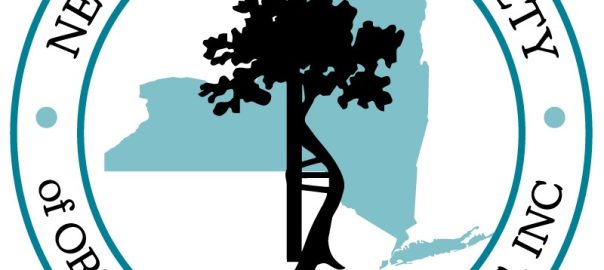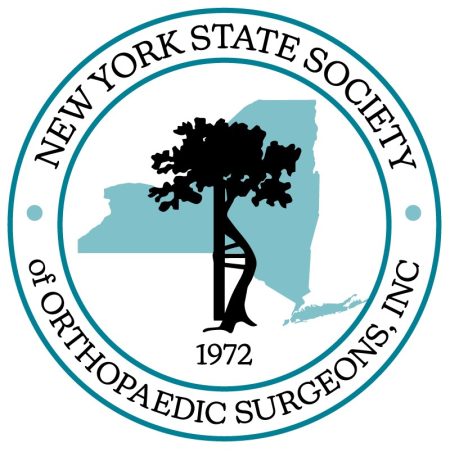
Expansive Liability Bill Will Undermine Healthcare System, Hochul Should Veto It
New York’s healthcare system is under immense strain. Every day, doctors remain focused on delivering patient-centered care, making decisions with their patients’ best interests at heart. Yet a proposed law threatens to undermine this mission, complicating their ability to provide the quality care New Yorkers deserve. This legislation, which would allow for subjective damages in wrongful death lawsuits, would destabilize an already fragile system. If signed into law, it will burden hospitals, clinics, and physicians with unsustainable costs, leading to closures and cutting off access to critical care for countless New Yorkers. Governor Hochul must stand with doctors and patients by vetoing this dangerous bill.
New York already has the highest liability payouts in the country, totaling over $616 million annually This underscores the clear need for reform that addresses the root causes of high liability costs, rather than further expanding the scope of lawsuits and damages. If this bill becomes law, actuaries predict that medical professional liability insurance premiums could surge by nearly 40%. Such an increase would cripple hospitals and clinics that are already operating on tight budgets, forcing closures that would devastate rural and underserved communities. Safety net hospitals would face devastating cuts, leaving vulnerable populations without vital care and deepening disparities in access.
The consequences of this proposal would fall hardest on patients. When hospitals close due to soaring costs, affordable access to care becomes challenging. Longer distances to facilities and extended wait times would disrupt lives, especially in healthcare deserts. For those managing chronic illnesses or requiring specialized treatments, delays can lead to worse health outcomes and greater financial strain. Imagine a cancer patient in a rural area losing access to life-saving treatment because the nearest clinic shut down. These are not hypothetical outcomes but real-life consequences that would affect many New Yorkers under this bill.
According to the New York Division of the Budget, state-run healthcare facilities are projected to incur over $200 million annually in additional liability costs if this bill is enacted. These funds could otherwise be directed toward public health initiatives like expanding access to underserved areas. Instead, they would be diverted to cover inflated liability premiums, leaving fewer resources for the patients who depend on these facilities. The financial ripple effects would cascade through the broader economy, driving up health insurance, auto insurance, and other premiums, further straining affordability for families across the state.
Supporters of the bill argue that its financial impact is overstated, but analysis from healthcare experts and budget analysts shows otherwise. Increased costs will force hospitals to cut services, leaving patients with fewer options and diminished care. Safety net hospitals, which are already struggling with limited resources, would bear the brunt of this burden, leaving underserved communities without access to essential healthcare.
Every family experiencing a tragedy deserves compassion and support, but this bill fails to strike the necessary balance between fair compensation and preserving access to care. A system that drives doctors away and forces hospitals to close isn’t sustainable—it threatens the foundation of healthcare in New York.
Governor Hochul has wisely vetoed similar legislation twice before, recognizing the harm it would cause to New York’s healthcare system. Her previous vetoes reflect a deep understanding of the challenges facing New York’s healthcare providers and patients. By rejecting this bill once again, she can lead the way in creating a balanced approach to liability reform that protects grieving families while ensuring access to care.
Policymakers must focus on solutions that address medical disputes without destabilizing the system. Programs that encourage open communication about adverse events, promote early resolution, and foster trust between physicians and patients would better serve New Yorkers. These reforms would ensure patients receive justice while preserving access to care.
Governor Hochul and state lawmakers have a chance to lead the way toward a system that balances fair compensation for families with the sustainability of New York’s healthcare. By acting decisively, they can ensure every New Yorker receives the care they need. Together, we can preserve access to care, strengthen trust in our healthcare system, and protect the patients and doctors who rely on it.
Rick Weinstein, MD, MBA, is the president of the New York State Society of Orthopaedic Surgeons and a board-certified orthopaedic surgeon.
*sponsored content*

